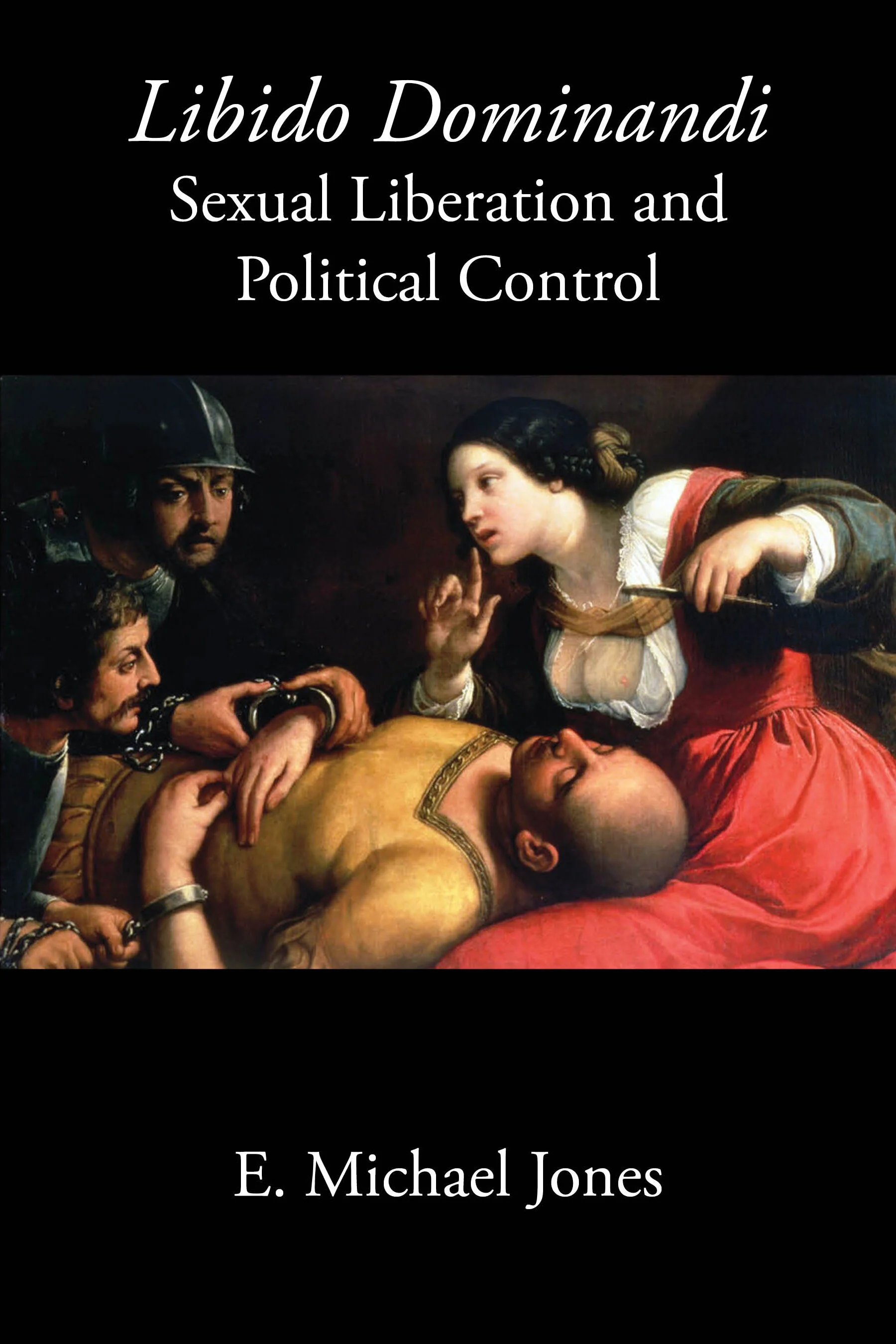Why Hawthorne was Melancholy: The “Lost Clew” Explained, Part II
/Henry James felt that Hawthorne never stopped being “an intense American,” who viewed Europe “from the standpoint of that little clod of Western earth which he carried about with him as the good Mohammedan carries the strip of carpet on which he kneels down to face towards Mecca.” James describes the last years of Hawthorne’s life as “a period of dejection” which differed dramatically from “seven years of the happiest opportunities he was to have known” which corresponded to the years preceding his return. Hawthorne’s son-in-law George Lathrop claimed that “When he found himself once more on the old ground, with the old struggle for subsistence staring him in the face again, it is not difficult to conceive how a certain degree of depression would follow.”
Read More







